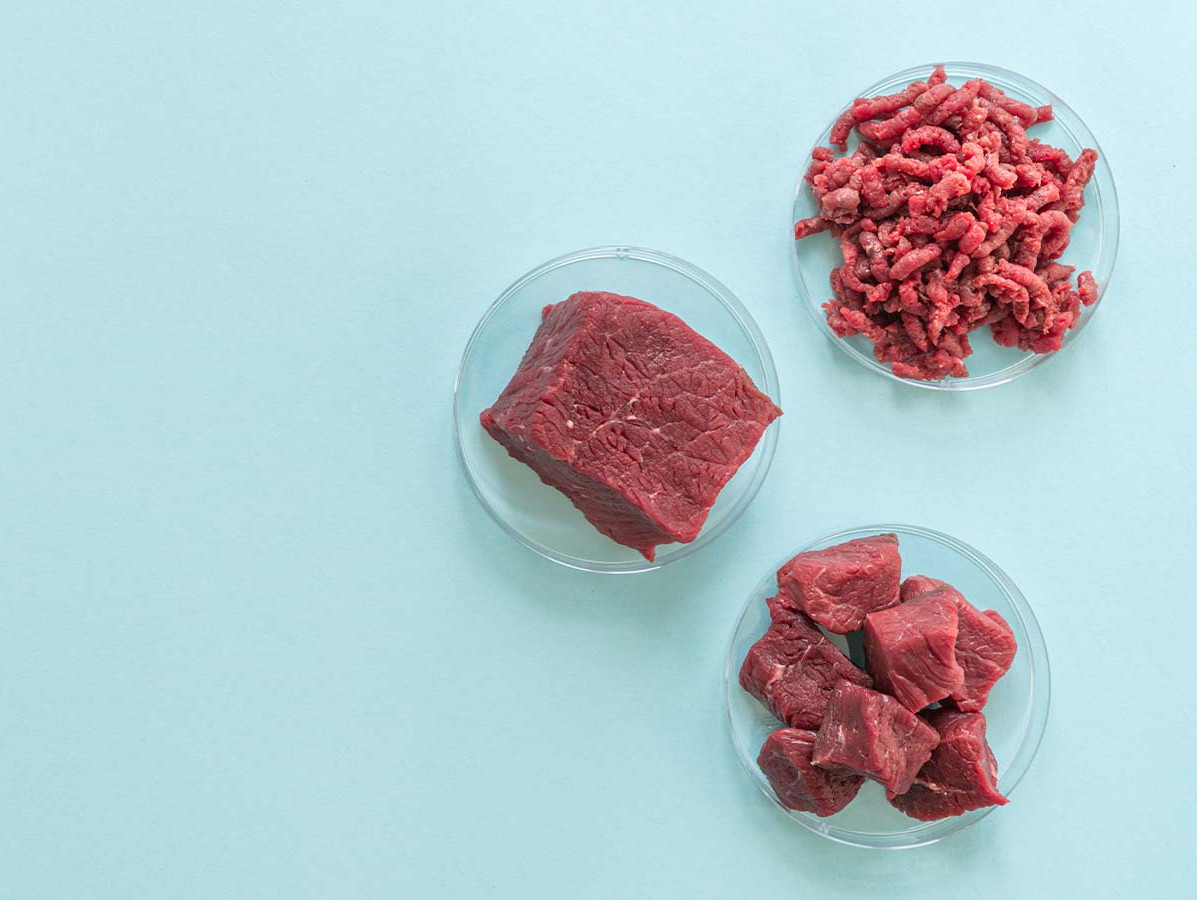
Cultivated meat companies are shifting their strategies to reduce production costs. "Startups initially aimed to produce real meat without expanding livestock numbers. This was meant to reduce animal suffering and CO2 emissions. Now, cultivated meat is becoming an ingredient for plant-based alternatives to replicate the taste of real meat and manage costs," says Ceel Elemans, ING Sector Banker Food. This strategic shift is evident in hybrid products that combine meat with plant-based ingredients.
Preventing animal suffering has become less important. The focus is now on cost reduction. The production costs of cultivated meat have risen, along with the energy expenses for running bioreactors. Increased interest rates also weigh heavily on costly investments. Moreover, the sustainability claims of cultivated meat are not yet definitively proven. All these factors make cost reduction a priority.
In Europe, the introduction of cultivated meat is still a long way off. Scalability is a major challenge. The cost per unit must be significantly reduced to be competitive with traditional meat. The EU imposes strict requirements for the market introduction of cultivated meat, considering it novel food. In countries like Singapore and the US, regulations are less stringent, and cultivated meat has already been approved. Companies like Meatable and Mosa Meat are therefore shifting their focus to these countries.
Consumer acceptance of cultivated meat remains uncertain. Hybrid products could offer a valuable solution. By mixing cultivated meat with plant-based ingredients, costs can be reduced, and consumers can gradually adapt to this new food source.
Source: ING